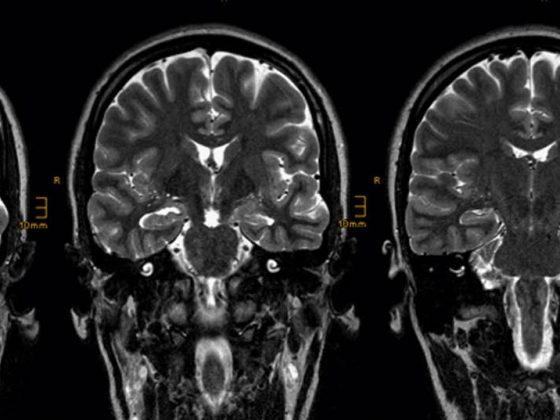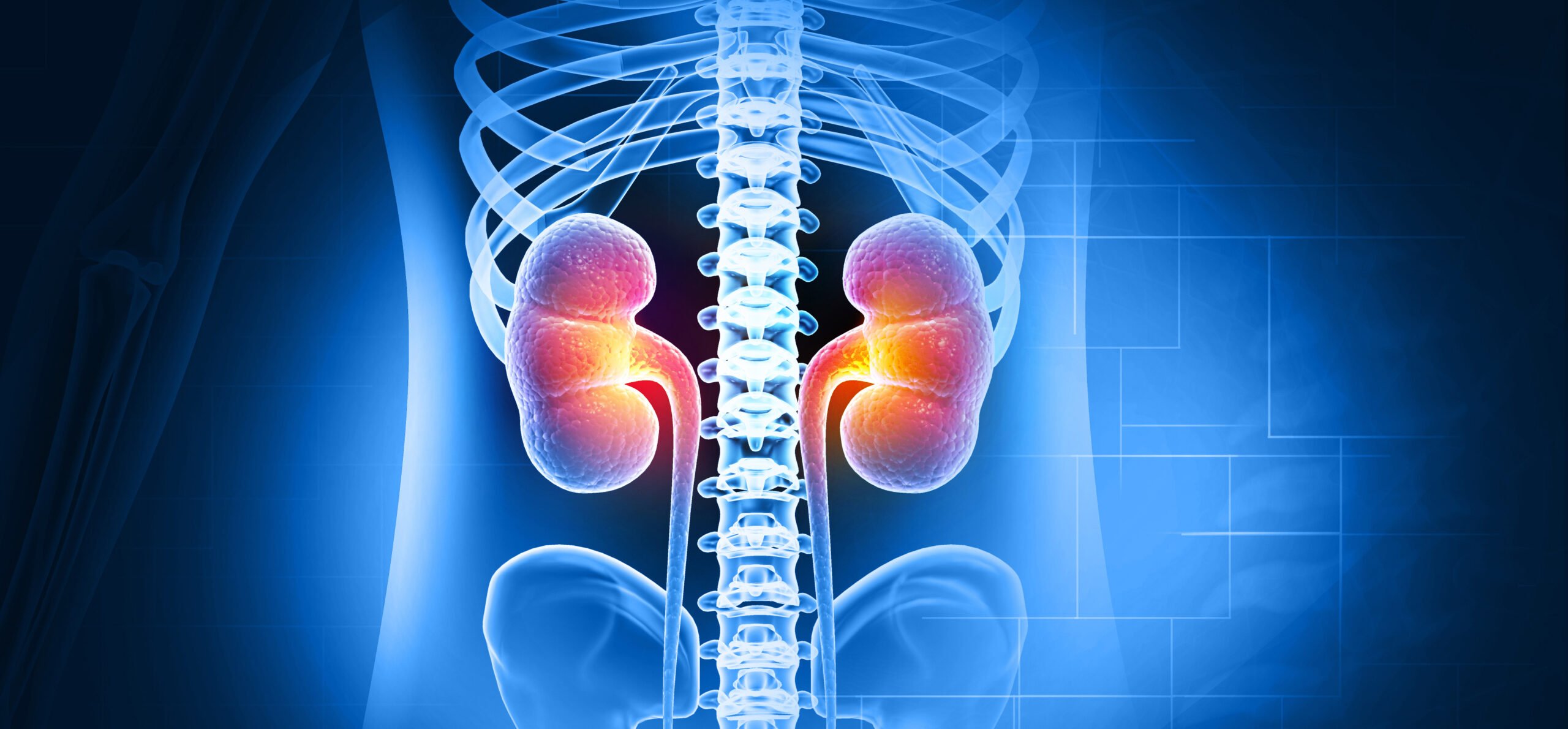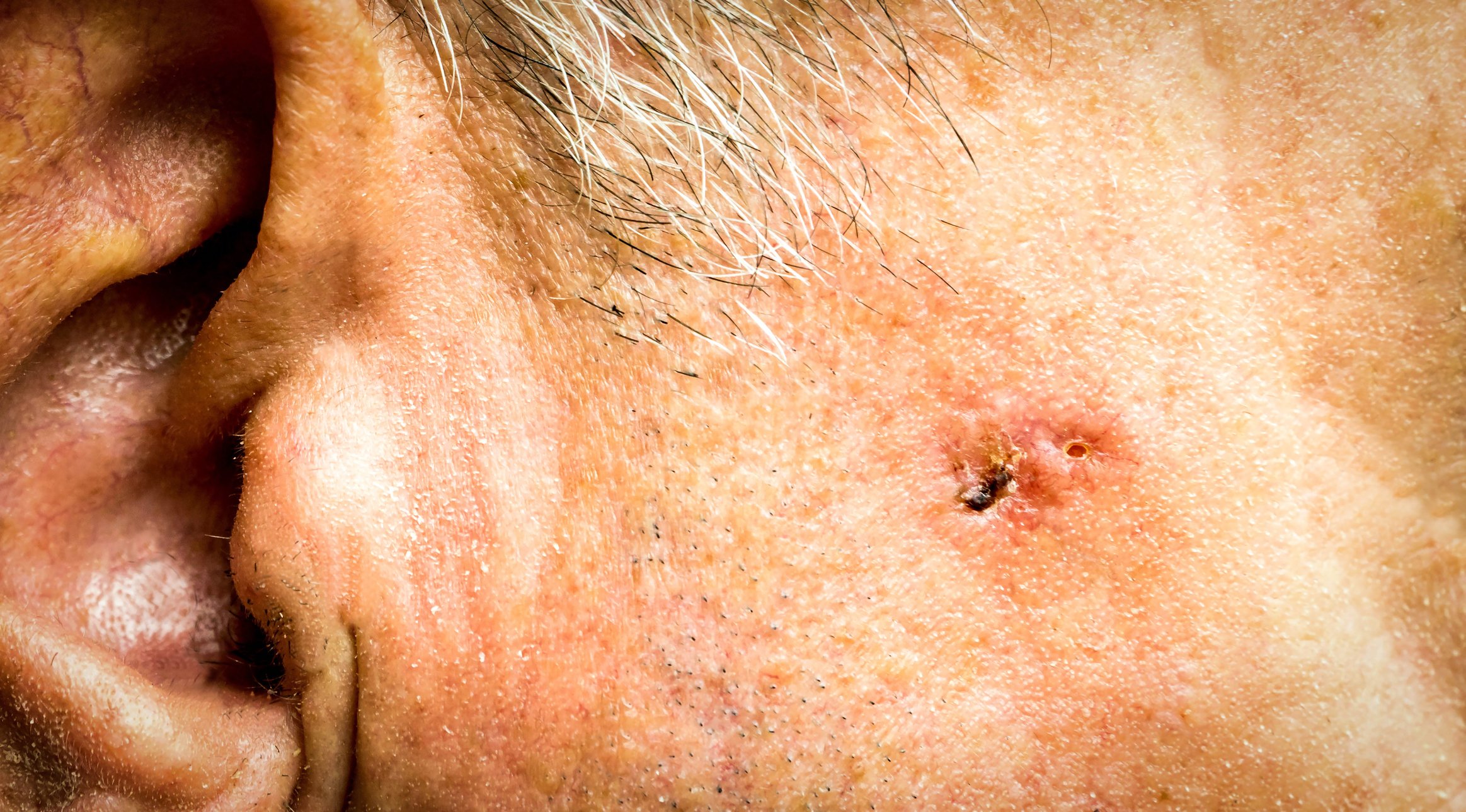In the treatment of multiple sclerosis, various therapeutic options such as immunomodulators, immunosuppressants and monoclonal antibodies are available, but it is largely unclear how their relative mode of action is to be assessed. The reason for this is that there is a lack of direct comparative studies investigating the halting of disease progression.
(lg) The Cochrane Collaboration systematic review draws both direct and indirect comparisons of the relative efficacy and tolerability of interferon-β-1a (Rebif® and Avonex®), intravenous immunoglobulins, long-term corticosteroids, glatiramer acetate, mitoxantrone, natalizumab, methotrexate, cyclophosphamide, and azathioprine in a meta-analysis.
A total of 44 randomized controlled trials were included in the review, involving 17,401 randomized study participants and testing either active agents against each other or against placebo. Of these, 23 were relapsing-remitting MS studies, 18 were progressive-remitting MS (RRMS) studies, and three of the included studies involved patients with both MS courses. Overall, the median study duration was 24 months, with most studies having a short study duration.
Results facilitate above all the choice of basic therapy
In the pairwise comparison for relapse prevention of RRMS of the meta-analysis, it was clear that both Rebif and natalizumab were statistically highly significantly more effective than placebo in the first 24 months of treatment (OR 0.32 and 0.45, respectively). Rebif was thus superior to all other baseline MS therapeutics in preventing relapses and disability progression. In addition, both preparations were also more effective than the interferon-β-1a Avonex.
A network meta-analysis performed identified natalizumab as the most effective drug (OR 0.29 vs. placebo), followed by Rebif (median OR vs. placebo: 0.44), mitoxantrone (median OR vs. placebo: 0.43), glatiramer acetate (median OR vs. placebo: 0.48), and IFB-β-1b (median OR vs. placebo: 0.48). However, it should be added that the available data of the direct comparison of mitoxantrone and IFN-β-1b, each versus placebo, were only mediocre, and for the direct comparison between glatiramer acetate with placebo even very poor, as none of the included studies had a relapse outcome after three years of observation. Rebif and natalizumab were additionally shown with moderate statistical evidence to reduce disability progression at two years by 10% and 14%, respectively, each vs. placebo.
In terms of reduction in relapse probability at two years, mitoxantrone appeared to be the most effective drug, but the quality of evidence for a direct comparison of mitoxantrone and placebo was very poor, consequently the result should be interpreted with caution. Network meta-analysis and pairwise comparison showed that none of the drugs studied was effective in preventing progression of progressive MS after an observation period of two or three years.
The results of the Cochrane meta-analysis suggest, particularly with respect to baseline therapy, that Rebif is the only interferon-β-1a and natalizumab that reduce relapse rates and disability progression. This is also true with regard to efficacy in RRMS compared to Avonex and thus provides a good recommendation for use in everyday clinical practice.
Literature:
- Filippini G et al: Immunomodulators and immunosuppressants for multiple sclerosis: a network meta-analysis. Cochrane Database Syst Rev. 2013 Jun 6; 6: CD008933. doi: 10.1002/14651858.CD008933.pub2.
InFo NEUROLOGY & PSYCHIATRY 2014; 12(4): 28-29.











